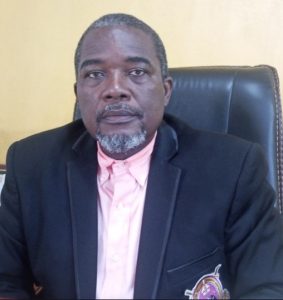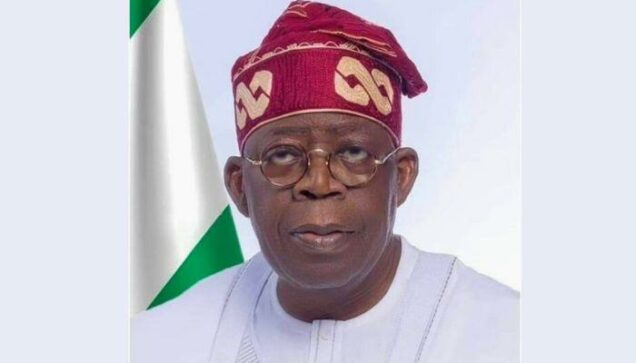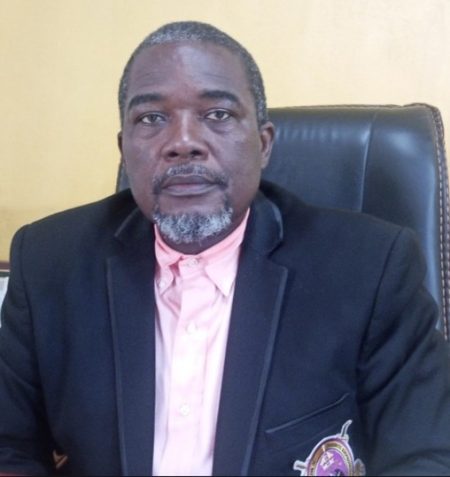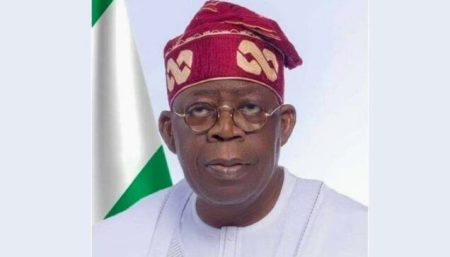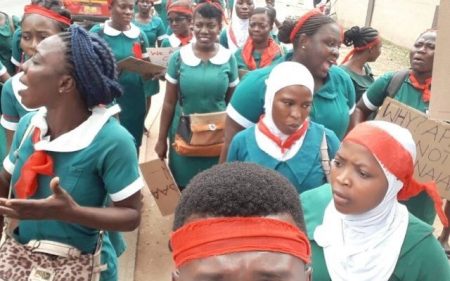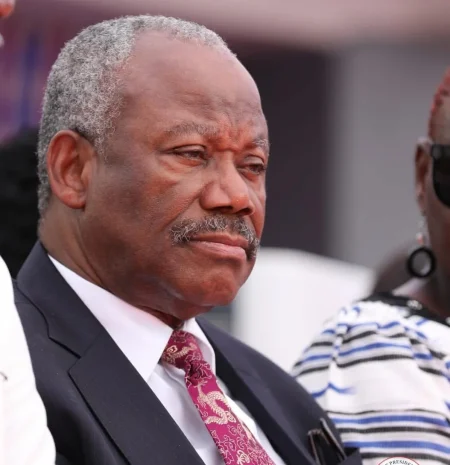Child rights advocate, Ighorhiohwunu Aghogho, has issued an urgent plea to the Nigerian government to prioritize child protection as a matter of national security. His call to action, delivered on Children’s Day, underscores the dire situation faced by vulnerable children, particularly the almajiri, who are often neglected and exploited, making them easy targets for recruitment by terrorist groups. Aghogho argues that the government’s failure to protect these children not only violates their fundamental rights but also poses a significant threat to Nigeria’s peace and stability. He insists that the pervasive issue of street children, specifically the almajiri system in Northern Nigeria, requires immediate and decisive intervention, demanding the implementation of concrete policies that address their rehabilitation, education, healthcare, and overall well-being.
Aghogho paints a stark picture of the plight of almajiri children, portraying them as abandoned and neglected by both society and the institutions designed to protect them. He argues that these children, left to fend for themselves on the streets, are vulnerable to manipulation and indoctrination by extremist groups. He describes them as “soldiers of the devil,” highlighting the tragic transformation of innocent children into instruments of violence. This exploitation, he warns, is not merely a regional concern limited to Northern Nigeria but a national crisis that demands urgent attention and action from the federal government. He emphasizes the connection between child neglect and the rise of terrorism, arguing that a nation that fails to protect its children is effectively sowing the seeds of its own destruction.
The neglect of children, particularly the almajiri, is not just a moral failing but a direct threat to Nigeria’s future, Aghogho contends. He draws a parallel between the plight of these children and the broader challenges facing the nation, suggesting that natural disasters and instability are a consequence of the injustice inflicted upon the most vulnerable members of society. He emphasizes the interconnectedness of child welfare and national well-being, arguing that true peace and stability can only be achieved when the rights and needs of all children are prioritized and protected. This, he argues, requires a fundamental shift in perspective, where child protection is no longer viewed as a social issue but as a critical component of national security.
Aghogho’s appeal to President Tinubu and other key stakeholders is a call for immediate and decisive action. He urges the government to declare child protection a national security priority and implement concrete policies to address the root causes of child vulnerability. He specifically calls for the abolishment of exploitative systems like the unregulated almajiri structure, which perpetuates a cycle of poverty and neglect. He advocates for investment in inclusive education, shelter, healthcare, and psychosocial support for all Nigerian children, emphasizing the importance of a holistic approach that addresses their physical, emotional, and psychological well-being.
Furthermore, Aghogho extends an offer of collaboration to the government, highlighting his organization’s expertise and grassroots knowledge. He expresses his willingness to work with the government to develop and implement effective policies that can restore dignity, hope, and purpose to the lives of Nigerian children. He emphasizes the importance of a collaborative approach, bringing together government agencies, civil society organizations, and community leaders to address this complex issue collectively. This partnership, he believes, can leverage the strengths of different stakeholders to create a comprehensive and sustainable solution.
Finally, Aghogho concludes his appeal with a sense of urgency, warning against complacency and inaction. He emphasizes that the time to act is now, before further tragedies unfold. He urges the government to heed the cries of these vulnerable children and take decisive steps to protect them and secure the nation’s future. He emphasizes that the cost of inaction is far greater than the investment required to address this issue, urging swift and decisive action to prevent further suffering and ensure a brighter future for all Nigerian children. His message is clear: protecting children is not merely a moral imperative but a strategic necessity for the stability and prosperity of the nation.


